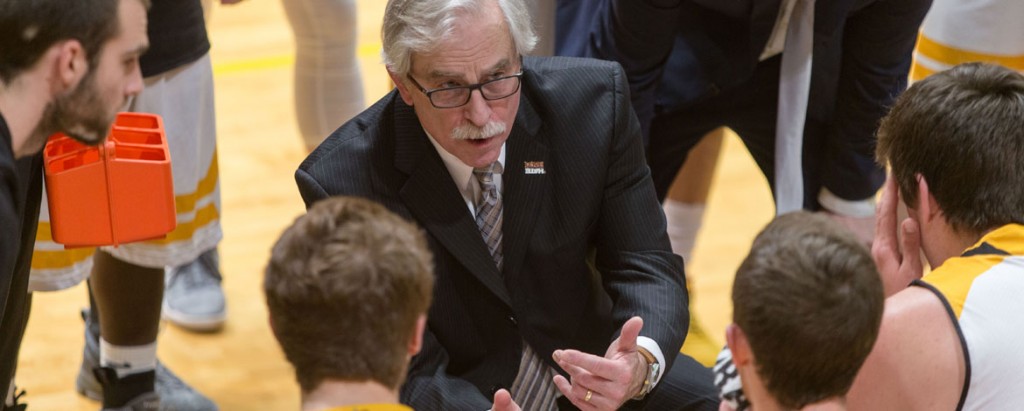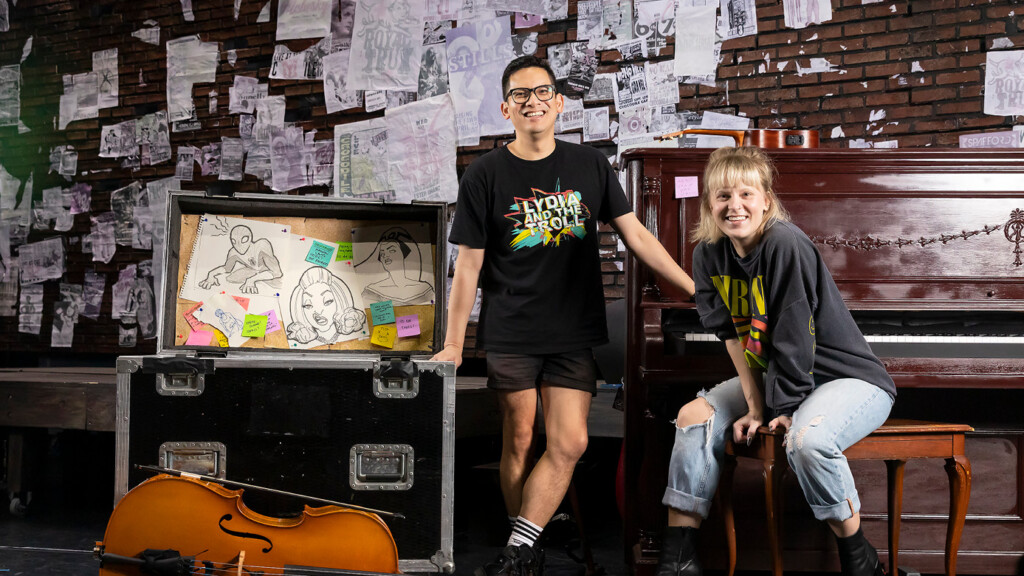Page 8 • (880 results in 0.031 seconds)
-
Agreeing to serve as the point person (PLU Contact) at your church will assist us in creating and stimulating a more vibrant relationship with the university and the church, especially with
and the Christmas concerts, just to name a couple. Through this design, we also know PLU Contacts will be valuable connections to the families and youth in the Region 1 congregations regarding information about PLU resources available to them. Your participation as a PLU Contact will provide you with opportunities to help make others aware of PLU through your own interests, passion and commitment to Lutheran higher education!
-
I am dedicated to providing support and guidance to individuals and couples seeking to navigate life's challenges.
-focused therapy, narrative therapy, and emotionally focused therapy. These methods allow me to tailor my approach to meet the specific needs and goals of each client or couple I work with. Whether you’re facing relationship struggles, cultural identity issues, or simply seeking personal growth, I believe in fostering a collaborative and empowering therapeutic process. My goal is to help you gain insight, develop coping strategies, and cultivate meaningful connections with yourself and others. Together
-

CFTC Sr. Administrative Assistant | Marriage and Family Therapy | paigeka@plu.edu | (253) 535-8782 | I am thrilled to join the CFTC team as your new Senior Admin Assistant.
Karyn Paige CFTC Sr. Administrative Assistant she/her Phone: (253) 535-8782 Email: paigeka@plu.edu Office Location:Garfield Station - Room CFTC Status:Part-time Website: https://www.plu.edu/mft/the-couple-and-family-center/ Biography Biography I am thrilled to join the CFTC team as your new Senior Admin Assistant. I bring over 10 years of experience in administrative support, as well as transferable skills from my background in web development, guest services and community relations. I hold a
-
My decision to be a WMGS major was the culmination of my intro class and a personal belief that gender equality should be a priority. The program has been great!
of domestic violence. Blending experiences at my internship with the issues I am passionate about, my WMGS capstone explores domestic violence in same-sex relationships. The Women’s Rights movement has taken great strides in addressing the needs of women in abusive relationships, and there are many great resources available. Those resources are very often limited, however, to heterosexual-identified individuals. My capstone delves into the reasons why. Abi McLane, Class of 2008I chose to pursue a
-
Location: PLU Main Campus, Garfield Station 323 Garfield St S Tacoma, WA 98444-5161 United States Driving Directions
addition, you will also learn more about the MFT program’s curriculum, unique features, internships, admissions guidelines, scholarships and more. Agenda: The Profession of Marriage and Family Therapy Career paths and opportunities in the field of MFT MFT program overview Faculty Spotlight Alumni Panel A Tour to the Couple and Family Therapy Center Networking Come join us connect with PLU’s faculty and alumni, hear their stories and gain valuable insights for a rewarding career in marriage and family
-

TACOMA, WASH. (Feb. 24, 2017)- Emotions ran high for senior Brandon Lester in his final basketball game at Pacific Lutheran University. Lester and his teammates fought hard through a lingering double-digit deficit against Linfield College. The Lutes never took the lead that night, and eventually…
couple, have similar programs). But the focus is to give his players a glimpse into the lives of professionals who practice what PLU preaches. “The key is to bring in successful people and reinforce what we do,” Dickerson said. And it works. He said the players learn valuable skills and build meaningful relationships through those networking opportunities. Dickerson proudly touts the near-perfect graduation rate and post-graduate success of all his former players. Despite their success after moving
-
The Dept. of Sociology & Criminal Justice is honored to present our senior capstone presentations. Click on each student's name to see titles of capstone presentations.
Sociology and Criminal Justice Class of 2022! The Dept. of Sociology & Criminal Justice is honored to present our senior capstone presentations. Click on each student’s name to see titles of capstone presentations. Madison A. Huston``Struggling to Fit In: How a Conservative Family Background Impacts Feminist Identity``Jack B. Johnson``Disclosure: Coming Out As LGBTQ+ in Significant Emotional Relationships``Dennis J. Thomas``In Black and White: Interracial Relationships and Life Satisfaction
-
The mission of the Chemistry Department is to provide high quality educational programs for all students who study chemistry at PLU.
To maintain close working relationships between students and faculty To provide an innovative and well-functioning curriculum at both the lower and upper division levels To support faculty development To work together as faculty, staff, and administration to provide clean, safe, environmentally-friendly, and well-functioning classrooms and laboratories for teaching and research. To maintain and improve our base of equipment and instrumentation To develop funds for student scholarships and
-

It’s 11 a.m. in Harlem. Justin Huertas ’09 and Kiki deLohr ’10 are feeling loose, relaxed — even a bit silly — as they sip coffee outside Sugar Hill Café. In a few short hours they will make their off-Broadway debuts in a musical written…
From Eastvold to Broadway: Justin Huertas ’09 and Kiki deLohr ’10 debut on musical theater’s biggest stage Posted by: Logan Seelye / September 13, 2023 Image: Justin Huertas ’09 and Kiki deLohr ’10 pose on stage a couple of hours before opening night of Lizard Boy in New York City. (PLU Photo / Sy Bean) September 13, 2023 By Zach Powers '10Resolute EditorIt’s 11 a.m. in Harlem. Justin Huertas ’09 and Kiki deLohr ’10 are feeling loose, relaxed — even a bit silly — as they sip coffee outside
-
The mission of the Division of Student Life is “to promote the holistic development of students and steward a dynamic campus community.
South and Kreidler Halls: “Working at PLU these past couple of years has provided me with many opportunities to get involved with students, staff, and faculty on a range of topics. For example, I was part of the Wild Hope Staff Seminar and we spent the academic year diving into vocation. I’ve also been able to learn alongside students at the Student of Color Retreat, Queer workshops, and through other lectures hosted across campus.”
Do you have any feedback for us? If so, feel free to use our Feedback Form.


